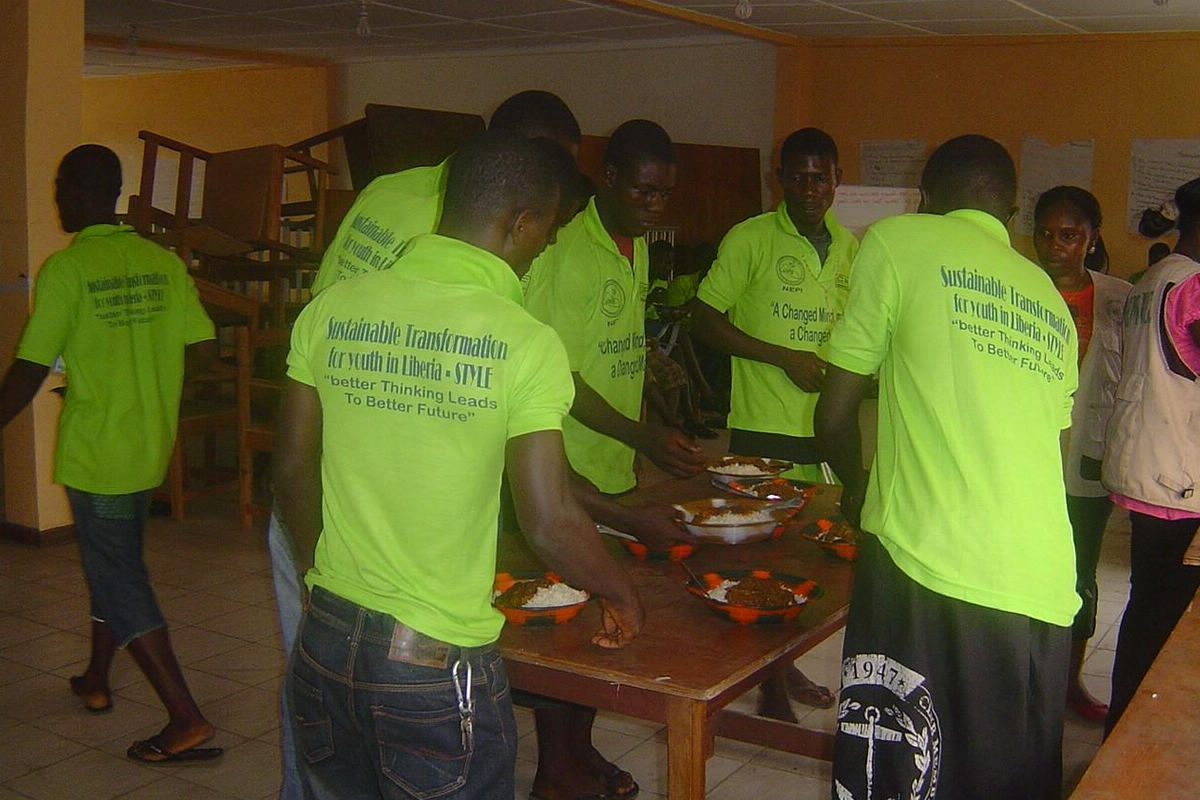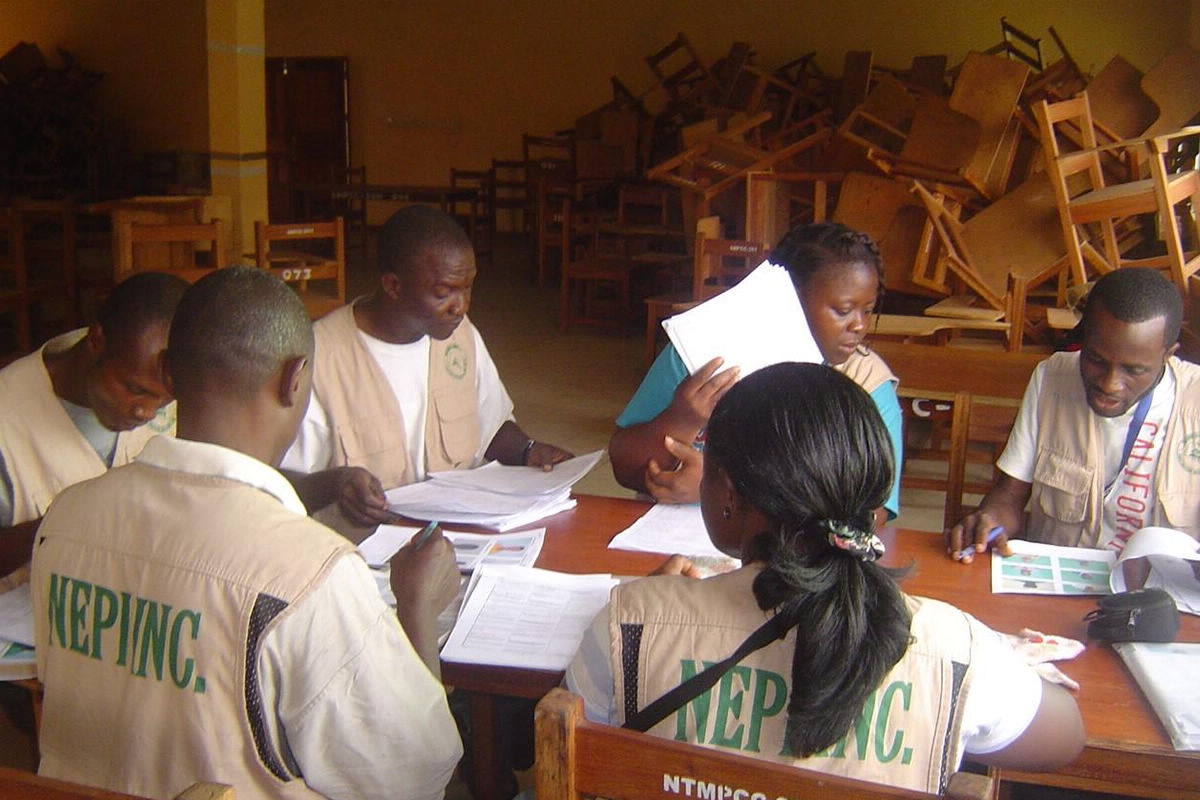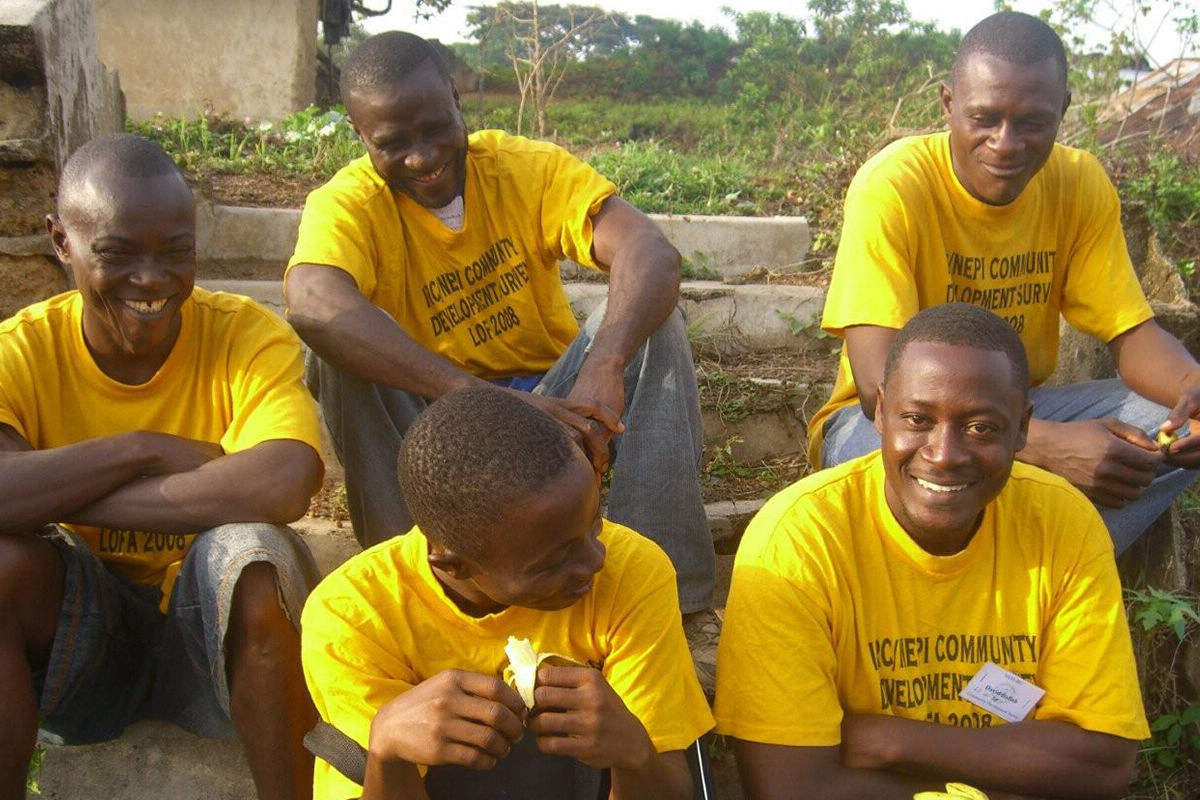HISTORY OF NEPI TRANSFORMATION PROGRAM
STYL is an 8-week behavior change and cash transfer intervention that bolsters hard-core street youth’s cognitive and social skills necessary for entrepreneurial self-help raises youth’s aspirations and equips them to reach their goals. STYL has three components: (1) role models show at-risk youth how they have been able to change their lives for the better; (2) youth learn practical steps to changing their lives, learning to adopt normal, non-criminal dress, behavior, and lifestyles; and (3) through a series of assignments, youth practice improving their self-control and discipline. It combines cognitive-behavioral therapy (CBT), and a cash transfer. Through these interventions, STYL aims to reduce anti-social behaviors by changing noncognitive skills and preferences; and to shift hard-core street youth living within a present-oriented framework to more future-oriented goals and behavior.
The precursor to STYL was first developed in 2000 and it evolved over the course of nine years. The program has been adapted to particular populations (e.g. former fighters, and war-affected youth) and also includes our own lessons and learning. We have conducted several versions of the STYL program. The program represented here has been specifically adapted to an urban street youth population.
Targeting: STYL targets the hardest to reach, most vulnerable youth with a tested and proven intervention to address the issues of extreme poverty, crime, and violence by focusing on transforming behavior. Most psychosocial training in Liberia targets specific conditions or psychological disorders, and therefore centers around crisis management, focusing on issues like substance abuse, PTSD, child abuse, and domestic violence. Rather than individually addressing these acute problems, STYL attempts to engage high-risk street youth who are vulnerable and lack opportunities for socioeconomic survival and empowerment, ‘transforming’ them from excluded individuals living at the fringes of society to those working and living within the social and economic mainstream.
Methodology: STYL was one of two CBT-inspired programs (the other being in Chicago) that were rigorously tested with RCTs as a method to reduce violence and crime among youth. The results of these evaluations have led to replications and scale-ups around the world.
We know of programs in Colombia, El Salvador, and Mexico that are replicating STYL’s methodology. Recently, The Economist covered how the city of Chicago is also replicating STYL in an article titled “Applying lessons from war-torn Africa to Chicago” (May 4, 2019).
STYL is therefore at the forefront of interventions to reduce youth crime and violence



